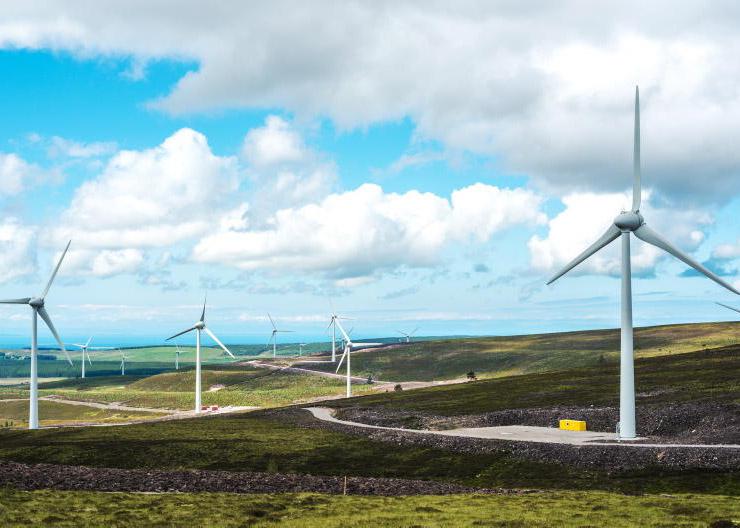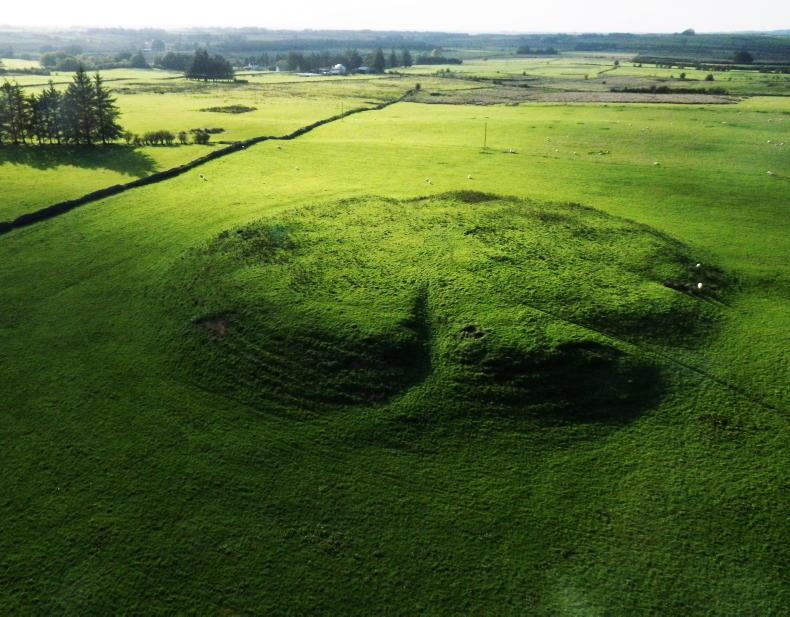A range of projects across Europe have been awarded funding under the LIFE programme, the EU's funding instrument for environment and climate action, from 2021.
Ireland has been allocated funding for two schemes under the programme; the LIFE on Machair project and the LIFE Lough Carra project.
The LIFE on Machair project will be a results-based payment scheme for farmers farming 3,500ha of machair land in the west, while the Lough Carra project will see farmers and anglers work to restore the lake’s habitats and deal with invasive species.
EU-wide projects
Ireland will also be taking part in an EU-wide carbon farming project. The LIFE Carbon Farming project aims to reduce the sector's carbon footprint by 15% within six years through various low-carbon initiatives.
The project team will work with agriculture and other sectors, public bodies, private companies, as well as banks, to implement carbon finance mechanisms that put a monetary value on emissions in Belgium, Germany, Ireland, Spain, France and Italy.
Actions will include developing assessment and carbon reporting criteria, training farmers, promoting a voluntary carbon market and networking opportunities for sharing best practices.
Peatlands
Ireland is also part the LIFE Multi Peat project.
The scheme aims to restore degraded peatlands in Belgium, Germany, Ireland, the Netherlands and Poland.
"As well as helping meet EU climate change mitigation goals by restoring the carbon sink function of peatlands, the project will raise groundwater levels and help conserve species and habitats protected under the EU Birds and Habitats Directives," according to the scheme documents.
Across the five countries, the project team aims to restore and improve 689ha of degraded peatlands – an area the size of around 1,300 soccer pitches.
Another project Ireland will be involved in is one which will manage nature-rich habitats on Atlantic islands.
The Natura 2000 sites of Donegal Bay, Raven Point Nature Reserve, Horn Head and Rincleavan and Sheephaven will all be included in the scheme, which aims to eliminate old forest plantations and encroaching trees, control invasive species, restore cleared areas with plant species characteristic of the habitat type, and implement measures to reduce damage caused by human activities.
Northern Ireland
In Northern Ireland, there will be funding for Rathlin Island. The LIFE RAFT project aims to eradicate rats and ferrets, two invasive species, from the island to benefit birds such as the corncrake and chough, small mammals and plants, as well as the 150 people who live on the island.
Other projects
In Belgium, funding has been provided for a scheme which will help farmers cope with less water, as the farming and horticultural sectors face increasing water shortages.
The LIFE ACLIMA project will use technologies and tools to show how companies can cope with declining water availability. A total of 130 farmers are expected to take part in the project.
In Denmark, 1.5km of watercourses are to be restored and almost 130ha of land, an area three times the size of the Vatican City, will be compulsory purchased or the owners of the land will be compensated for restrictions in land use.
The scheme, the LIFE BioScape scheme, will "improve and expand conditions for threatened biodiversity and restore ecosystem services."
The LIFE Smart Sprayer scheme in Germany will see six full-scale prototypes of sprayers built. Through selective spraying, these smart sprayers will reduce herbicide spraying by around 40%.
The scheme expects to show that the reduced use of herbicides not only has significant cost savings for farmers, but also improves biodiversity and crop yields.
In Greece, Italy and France, a project will test the use of by-products from wineries, olive oil processing and tomatoes, which will be converted into feed for livestock.










SHARING OPTIONS